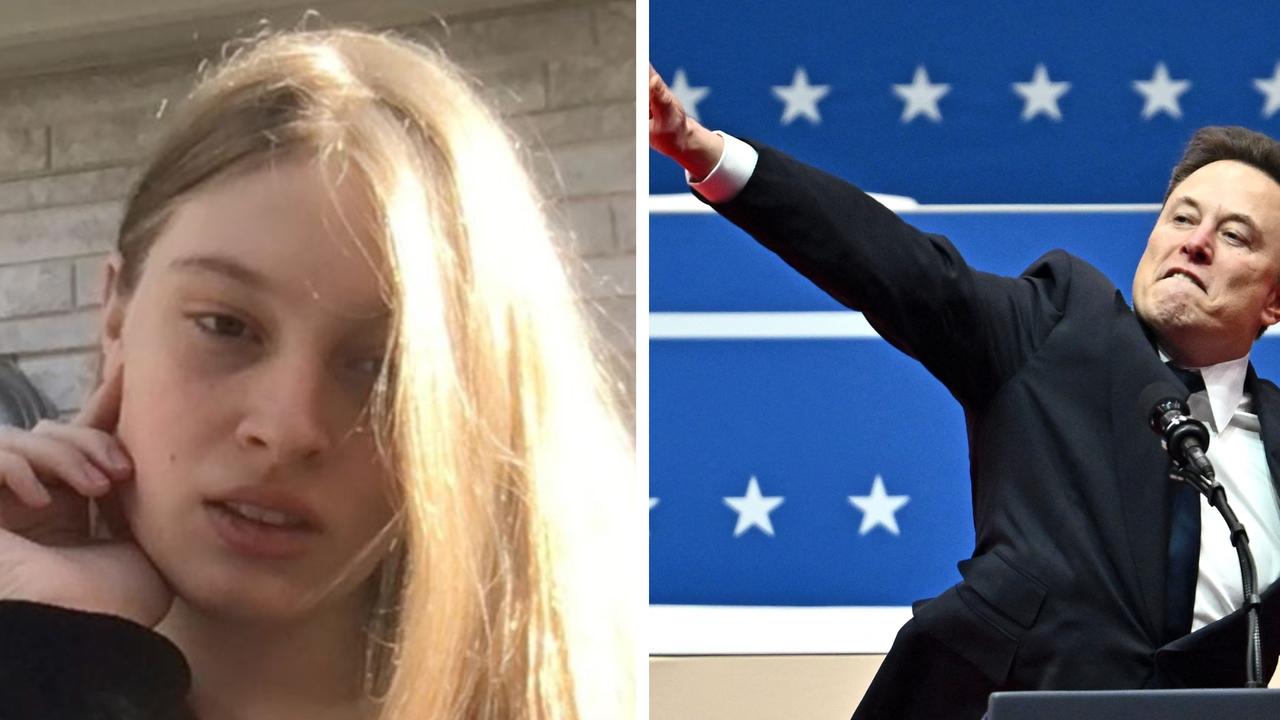What if we’re wrong about the Russian President?
PUTIN is portrayed as a powerful puppet master who hates the West. But what if these myths play straight into the Russian President’s hands?
THE West builds up Vladimir Putin to be the ultimate figure with supernatural powers.
However this portrayal could be playing directly into the Russian leader’s hands.
In a Politico podcast released this week, Russian experts reveal how the West’s build up of this myth is inadvertently helping Putin stay in power by portraying him as more powerful than he is to his own people.
The Global Politico podcast, This Myth About the Great and Horrible Putin, paints an interesting picture of how the United States and other Western nations are building up an image of Putin’s power that isn’t justified.
Politico’s chief international affairs columnist and host of its new weekly podcast, T he Global Politico, Susan Glasser, spoke with Pulitzer Prize-winning Soviet historian Anne Applebaum and Russian in exile Mikhail Khodorkovsky.
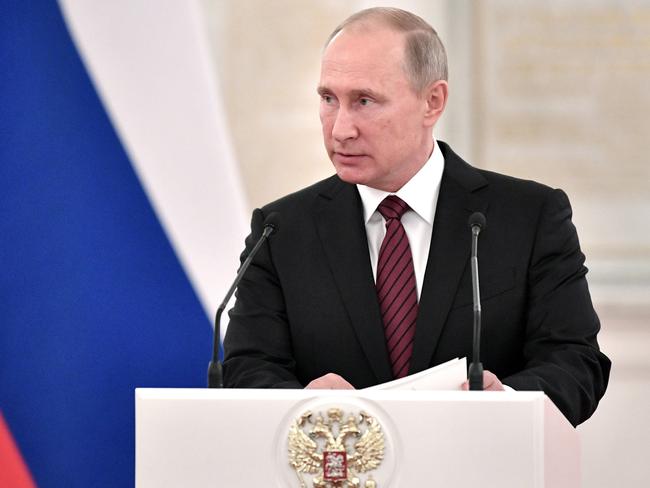
All agreed that Western perceptions of Putin are not entirely accurate.
Glasser reveals how many Russians have a different view of Putin and that while he does have a lot of power, he’s not the only one running the country.
According to her, building up Putin gives him the fearsome geopolitical reputation he craves in the very people he disdains.
The podcast also highlights how while there are elections in Russia it is part of “managed democracy” and the campaign is manipulated to such an extent that Putin is almost certain to secure another term in next year’s elections.
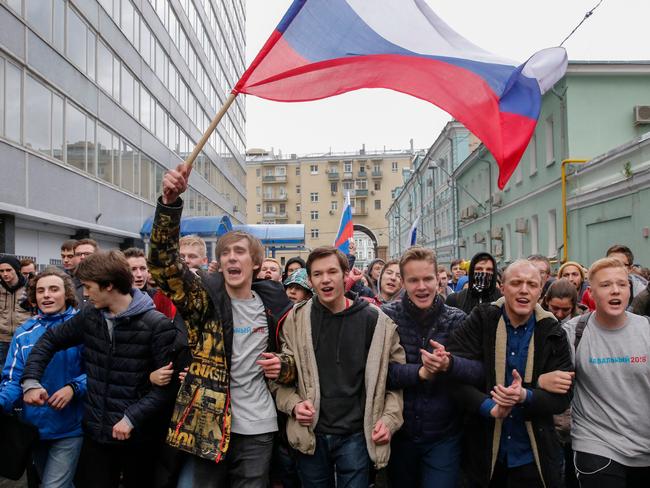
It also reveals that Russian propaganda is designed to show Putin as important leader on the world stage with Russia on one side and the US on the other — and the US media is also doing the same, something many Russians are aware of.
US politicians portray Putin “as a grand strategist manipulating his outwitted or unmanned Western counterparts” but Glasser asks if the west actually has Putin all wrong.
According to her, Putin and those around him in the Kremlin often” run Russia defensively rather than offensively, looking inward and acting as if their power is more insecure than we realise.”
Khodorkovsky agrees and tells Glasser the West just doesn’t get it.
“Here, in the West, the impression that people have is that Putin runs the whole country. This is not so, at all,” he said.
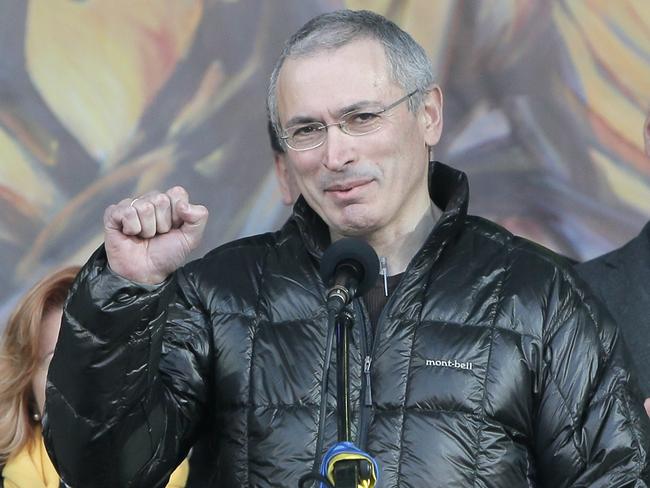
“He certainly does not run Russia outside the inner beltway of Moscow. The pact that he has with those people who actually do run the various regions of the country is a rather simple one: You bring out the level of vote that I need for my purposes, and I let you do what you want to do in your region.”
Khodorkovsky also argues sanctions against Russia have only helped fuel the “us and them” mentality because it has given the country a target to despise and Putin a problem to solve.
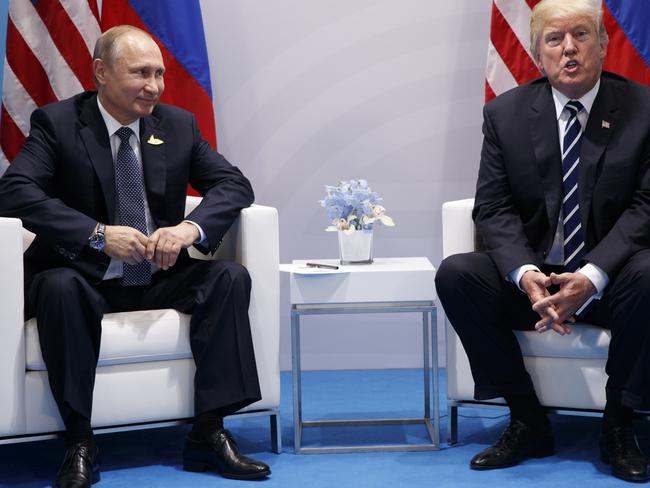
MYTHS BUSTED
Myths surrounding Putin’s power and reach are certainly note new.
In a 2016 peace for the Washington PostRussian-American journalist Masha Gessen argues not all Russians blindly support Putin’s policies.
Putin may have apparent high approval ratings, but many Russians remain pessimistic about their future.
“Russian citizens are unsettled, anxious and looking to identify with an emblematic leader or cause,” he writes.
“They support Putin because he has left them no choice.”
Gessen also notes Putin remains in power because he gives his people an enemy and a focus of their anger and unhappiness.
‘PUTIN’S LAUGHING’
Claims of Russian interference in the 2016 US elections, and questions surrounding Putin’s reach, are still making headlines with a former NATO secretary-general arguing Putin “must be laughing” at how successfully he’s undermined the credibility of Western democratic institutions.
Anders Fogh Rasmussen, now a top adviser to Ukrainian President Petro Poroshenko, told the AP how Putin achieved “much more than he could have ever dreamt” through a “very modest investment” in interfering with America’s election.
Mr Rasmussen is urging the Trump administration to end its “conflicting messages” on Russian aggression and US responses and argues Putin will see weakness and exploit it.
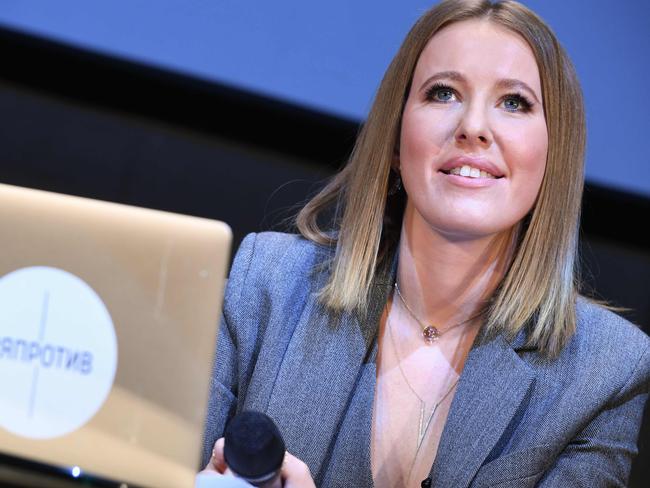
FARICAL ELECTION RACE
Putin is almost certain to remain in power if he stands in next year’s election, with critics pointing out the system is designed to keep him there.
Ksenia Sobchak, an entertainment TV presenter before joining anti-government protests in 2011, is the daughter of former St Petersburg mayor Anatoly Sobchak, who was Putin’s mentor before Putin moved to Moscow.
Many in the Russian opposition are suspicious that her candidacy is an attempt by the Kremlin to further divide the fractured opposition, the Associated Press reported.
Sobchak has said she met Putin and told him about her plans to run, but she denies being a Kremlin stooge.
Putin hasn’t yet said whether he will seek re-election in the March 18 presidential vote, but he’s widely expected to run.
The Russian leader’s approval ratings — now topping 80 per cent — all but guarantee a landslide victory in a field that also includes stolid veterans from past races.
— with the Associated Press

